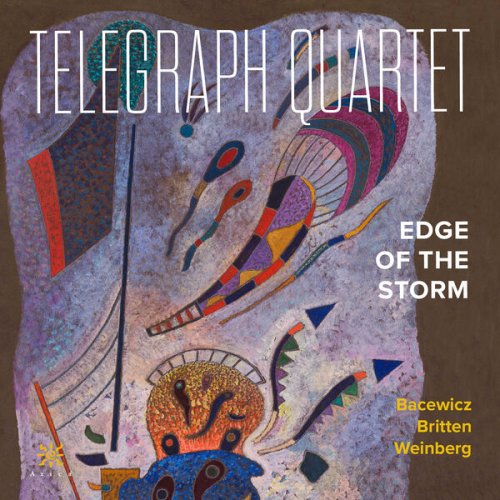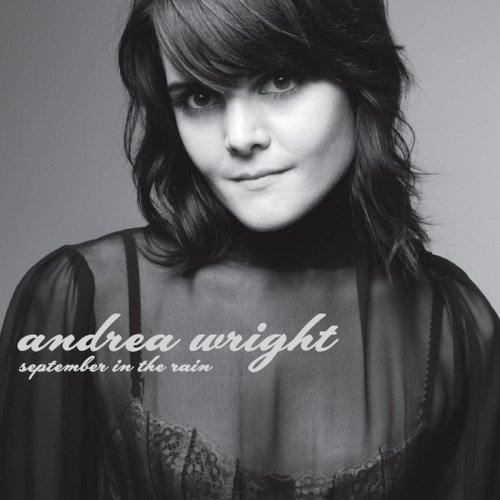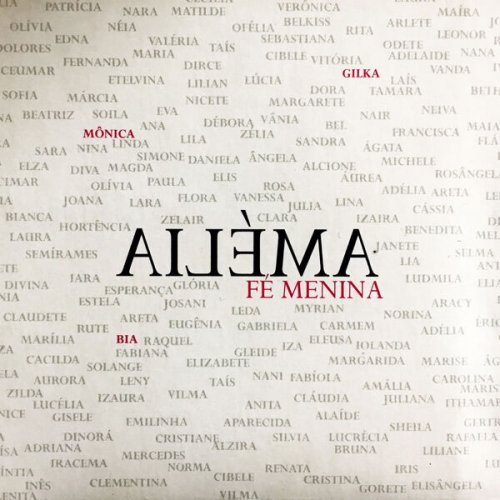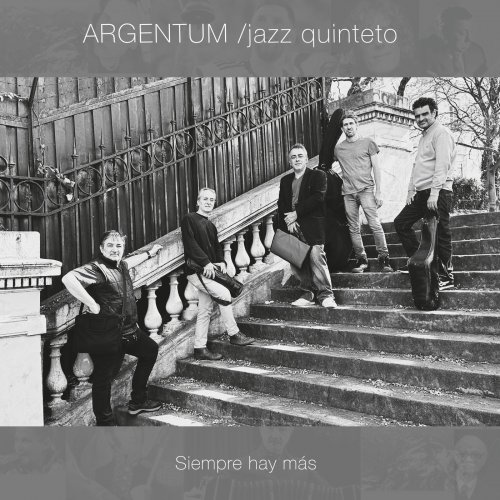Telegraph Quartet - Edge of the Storm (2025)

Artist: Telegraph Quartet
Title: Edge of the Storm
Year Of Release: 2025
Label: Azica
Genre: Classical
Quality: flac lossless (tracks)
Total Time: 01:16:51
Total Size: 348 mb
WebSite: Album Preview
TracklistTitle: Edge of the Storm
Year Of Release: 2025
Label: Azica
Genre: Classical
Quality: flac lossless (tracks)
Total Time: 01:16:51
Total Size: 348 mb
WebSite: Album Preview
01. String Quartet No. 4: I. Andante - Allegro moderato
02. String Quartet No. 4: II. Andante
03. String Quartet No. 4: III. Allegro giocoso
04. String Quartet No. 1 in D Major, Op. 25: I. Andante sostenuto - Allegro vivo
05. String Quartet No. 1 in D Major, Op. 25: II. Allegro con slancio
06. String Quartet No. 1 in D Major, Op. 25: III. Andante calmo
07. String Quartet No. 1 in D Major, Op. 25: IV. Molto vivace
08. String Quartet No. 6 in E Minor, Op. 35: I. Allegro semplice
09. String Quartet No. 6 in E Minor, Op. 35: II. Presto agitato - Attacca
10. String Quartet No. 6 in E Minor, Op. 35: III. Allegro con fuoco - Attacca
11. String Quartet No. 6 in E Minor, Op. 35: IV. Adagio
12. String Quartet No. 6 in E Minor, Op. 35: V. Moderato commodo
13. String Quartet No. 6 in E Minor, Op. 35: VI. Andante maestoso
The Telegraph Quartet is a rising young group, correctly regarded as a promising sign in U.S. chamber music, and its performances here are effective throughout. The players capture the distinctive lyricism of Benjamin Britten in his String Quartet No. 1, and they were coached by Gilles Millet of the Quatuor Danel, who gave the world premiere of Mieczysław Weinberg's String Quartet No. 6 in E minor, Op. 35; their performance of that work deeply reflects unease and tragedy. Yet perhaps the toughest part of the Telegraph Quartet's job, and the one where the group has most notably excelled, came before the recording started as they selected the repertory. The quartets here were written between 1941 (Britten) and 1951 (Grażyna Bacewicz's String Quartet No. 4), with Weinberg's quartet from 1946 being the most direct response to the war (it was banned by the Soviets and wasn't premiered until the 21st century). So they represent different moods from the edge of the storm, with Britten's quartet containing the melancholy of the exile and Bacewicz reflecting the brief new optimism of postwar Poland. What is striking is the continuity the Telegraph Quartet brings to the three works. Consider the Allegretto second movement of the Britten, theoretically the one avoiding the war. Yet the movement ends with a sort of trailing-away of the existing material, lyrical yet also ominous. None of these works, with the possible exception of the Britten, is a standard in chamber music repertory, but the Telegraph Quartet shows that, if presented convincingly, they might well become such.

![Grises - Eveil (2025) [Hi-Res] Grises - Eveil (2025) [Hi-Res]](https://www.dibpic.com/uploads/posts/2025-12/1766127968_cover.jpg)






